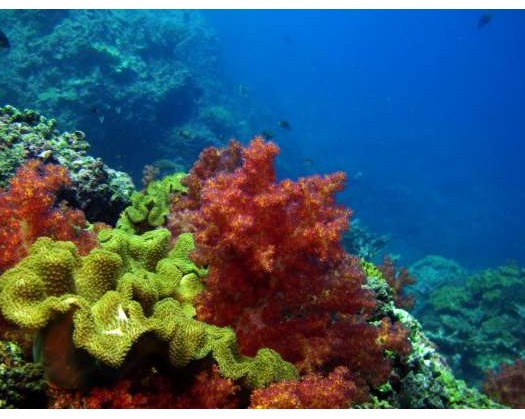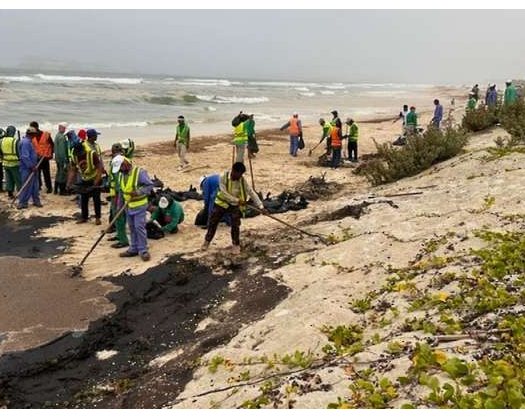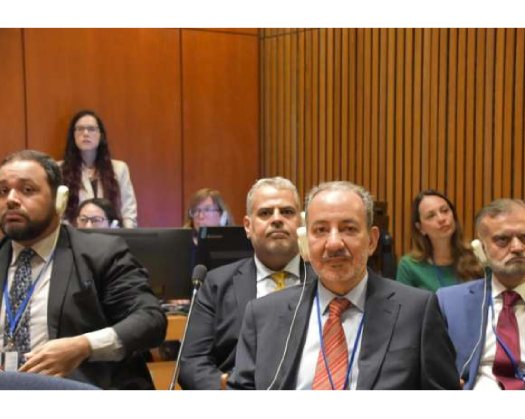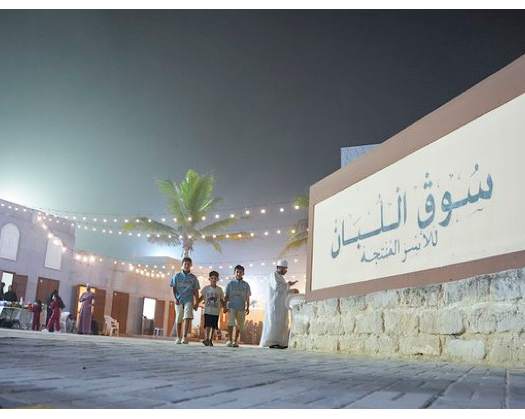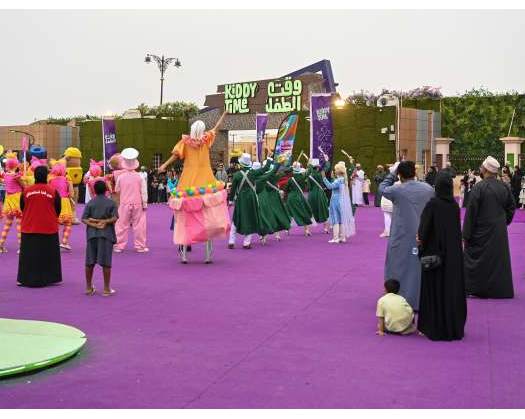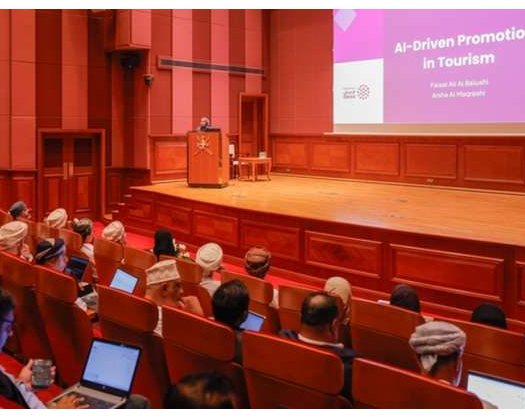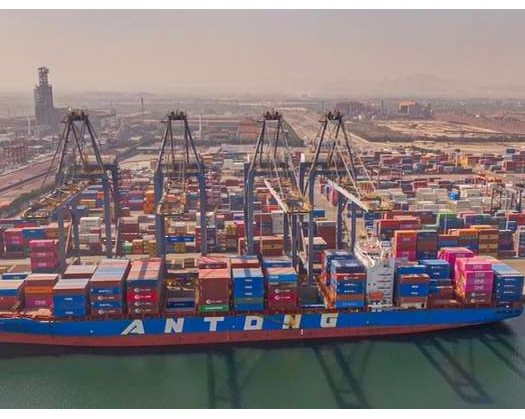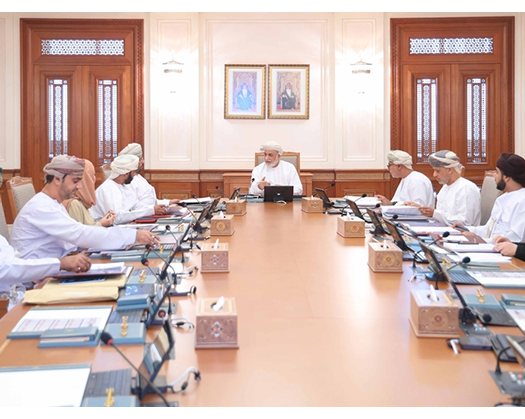Muscat: Oman is striving to achieve environmental, economic, and tourism objectives by investing in its 30 natural reserves, which cover around 15,000 square kilometres. These reserves account for 17% of the country's terrestrial area and 10% of its marine territory.
Oman places a high priority on conserving its natural resources, promoting ecotourism, and encouraging researchers and students to explore these locations.
This allows them to explore ecological systems and natural processes, increasing awareness about biodiversity conservation while supporting investment projects and capitalizing on special opportunities.
Oman, represented by the Environment Authority and working with key stakeholders, is dedicated to protecting biodiversity and generating investment prospects in these reserves due to their environmental and tourism value.
A comprehensive management plan has been created to guarantee biodiversity protection and meet the reserves' needs through collaboration with pertinent groups and civil society.
Investment in ecotourism in Oman's natural reserves promotes the national economy, supports local communities, and corresponds with the strategic goal for a sustainable green economy.
Furthermore, it creates job opportunities in neighboring communities since the reserves' natural and geological features attract tourists.
Royal decrees have also emphasized the importance of preserving the ecosystems and varied landscapes necessary for endangered animal and plant species. These reserves, both terrestrial and marine, help to maintain ecological balance and protect natural treasures.
The Environment Authority is ramping up its efforts to safeguard these reserves by enacting stringent environmental laws to protect biodiversity and natural resources. It also encourages tourism and economic activities that diversify income streams and support development initiatives in these conservation zones.
In this situation, the Authority has awarded nine ecoinvestment project contracts in seven natural reserves, with a total value of more than OMR44 million. These initiatives aim to boost sustainable development, safeguard ecosystems, promote ecotourism and environmental education, increase revenue sources, and ensure the long-term viability of natural resource.
The agreements include the development, operation, and management of numerous reserves, including Ras Al Shajar, Turtle Reserve, Arabian Oryx Sanctuary, Wetlands Reserve, and Jabal Samhan's Lejashlyon site. Other initiatives include the construction of an ecoresort and a stargazing park in the Al Jabal Al Akhdar Starlight Reserve.
In collaboration with the commercial sector, the Environment Authority has funded nine ecotourism initiatives in the governorates of Muscat, South Al Sharqiyah, Al Wusta, Al Dakhiliyah, and Dhofar.
These include eco-friendly lodging options that are constructed to high environmental standards, as well as the complete development and management of natural reserves.
The initiatives include ecoresorts, stargazing parks, ecolodges, sustainable campsites, visitor centers, interactive exhibits, restaurants, observation trails, safari tours, and adventure tourism in conservation areas, such as an open-sea turtle lagoon.
These initiatives will provide deeper tourist experiences that combine environmental conservation with sustainable economic growth, in line with Oman Vision 2040. They use an integrated approach to tourist destination development that prioritizes natural resource preservation and value-added offerings.
Community engagement is a critical component, with residents taking part in development, operation, and management—particularly through direct employment possibilities. Small and medium enterprises (SMEs) are also involved in these efforts.
This ecotourism investment is part of a larger drive to attain consolidated environmental, economic, social, and tourism goals. It reaffirms Oman's dedication to sustainable tourism by providing environmentally friendly travel experiences with cultural significance, in line with the sustainable development goals.

